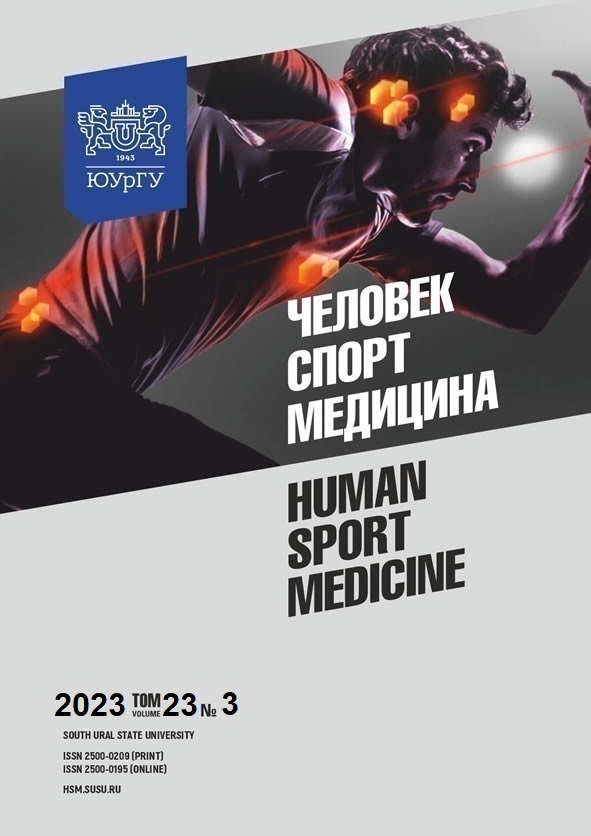GPS NAVIGATORS AND ELECTRONIC MAPS FOR ORIENTEERING DURING PE LESSONS
Abstract
Aim. The paper aims to justify the use of orienteering tools (GPS navigators and electronic maps) in PE lessons with students of the Far Eastern Federal University (FEFU). Materials and methods. The pedagogical experiment took place at FEFU (Vladivostok) in the forest area and open-air facilities. The experiment involved the control and experimental groups, with a total of 20 university students. In the experimental group, training sessions started with exercises with music to improve emotional well-being and be ready for work. In the main part of the lesson, students used a mobile GPS navigator (the Maps.me app), which works offline. Results. The use of modern information technologies for sports orienteering in physical education had a positive impact on the psychophysical well-being and physical fitness of 2nd–3rd-year university students. Conclusion. Sports orienteering with GPS navigators and electronic maps is an innovative means of physical recreation that meets the specific needs of youth and motivates them to live a healthy lifestyle.
References
References on translit
Copyright (c) 2023 Human. Sport. Medicine

This work is licensed under a Creative Commons Attribution-NonCommercial-NoDerivatives 4.0 International License.















